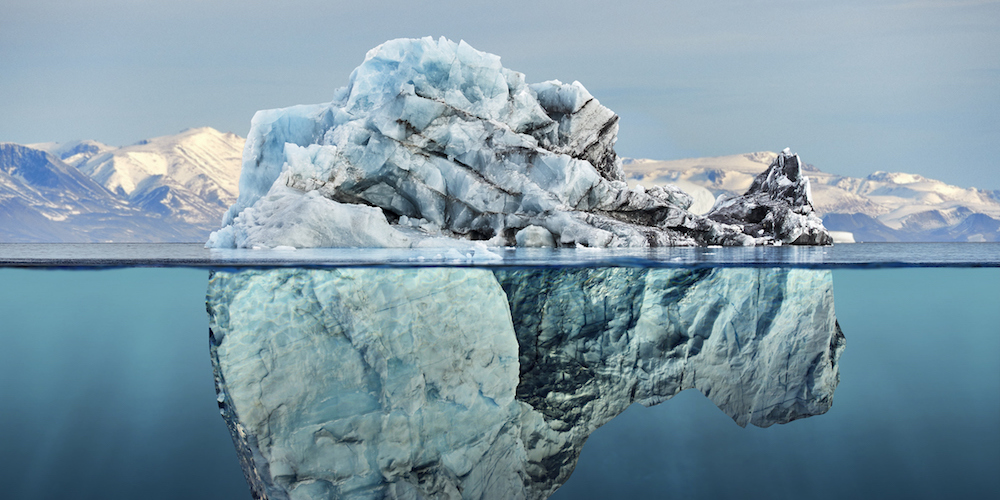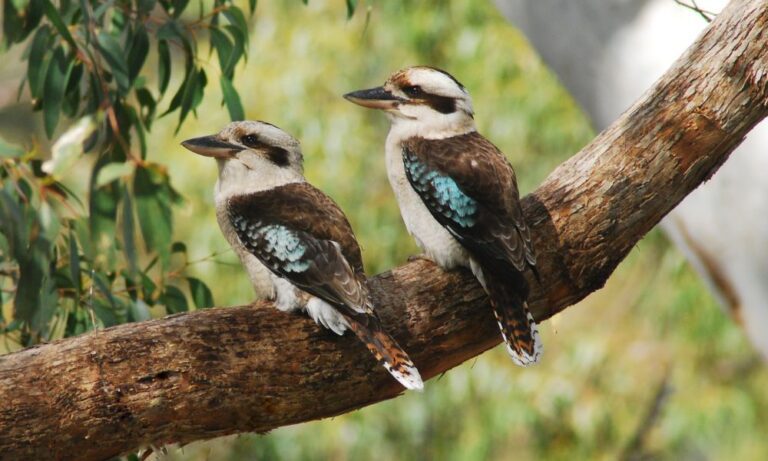Antarctica is not as isolated from the rest of the world as scientists have previously thought, new research reveals the potential for drifting plastics to create problems for the continent in the future.
The research reported in Nature Climate Change by an international, multidisciplinary team of scientists including Professor Jon Waters from the University of Otago’s Zoology Department, shows kelp had drifted 20,000km to reach Antarctica – making it the longest known biological rafting event ever recorded.
To get there, the kelp – which drifted all the way from the Kerguelen Islands in the Southern Indian Ocean – had to pass through barriers created by polar winds and currents that were, until now, thought to be impenetrable.
“This study shows that Antarctica is not as biologically isolated as previously thought – by demonstrating that rafting biological material can cross Southern Ocean barriers to reach the shores of Antarctica,” Professor Waters explains.
The research changes the way scientists think about Southern Ocean oceanography, where storms can play a big role moving drifting material. The findings have important implications for the science of ocean drift that is used to track plastics, aeroplane crash debris and other floating material across our seas.
“The results suggest that Antarctica won’t be immune from drifting plastics that are increasingly a problem in the world’s marine ecosystems,” Professor Waters says.
The new research also shows Antarctica’s ecosystems could be more vulnerable to global warming than previously suspected. “Parts of Antarctica are among the fastest warming places on Earth. If plants and animals get to Antarctica fairly frequently by floating across the ocean, they will be able to establish themselves as soon as the local environment becomes hospitable enough.”
The study builds on a previous Marsden-funded project led by Professor Waters together with Dr Fraser. The basic knowledge generated by the original Marsden study made this new study possible.







